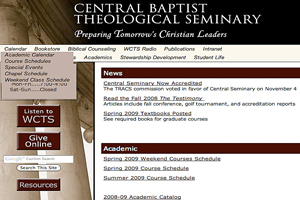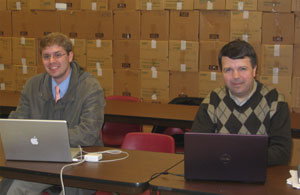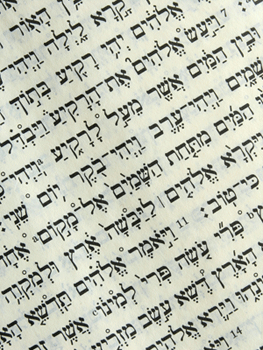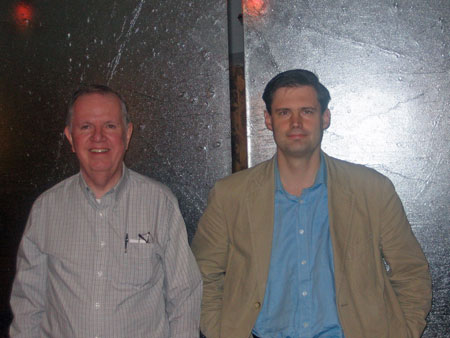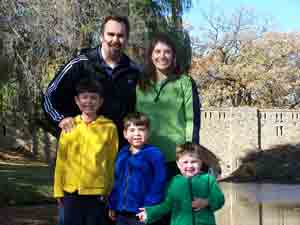
On Sunday, January 18, I did a Biblical Creationism Mini-Seminar at Hope Spring Baptist Church in Maplewood, MN. The above picture is of the Peterson family with whom I had the pleasure of spending a portion of Saturday and Sunday, January 17-18. Pictured are Jeff and Jenny, along with their three engaging sons, from oldest to youngest: Justin, Jeremiah and Jack. Since I have four granddaughters, I forgot what it was like to have children interested in GI Joe. They brought some sunshine to a couple of cold days in Minnesota. While serving as an assistant pastor at First Baptist of Sterling Heights, Jeff attended Detroit Baptist Theological Seminary and graduated from seminary in 2005. Shortly after graduation, he returned home to Hugo, Minnesota in order to start a local church in that area (for more details, go here). I had Jeff for a number of classes, including Biblical Creationism, and can testify that not only did he do well academically but he is also serious minded and has a heart for exalting the gospel of Christ in evangelism and edification.
The opportunity to speak at Hope Spring came up in conjunction with my trip to Central Baptist Seminary for the Ecclesiastes seminar module. After picking me up in Plymouth on Saturday morning, January 17, we went to the Peterson’s and were able to catch up on old times and to see how grown-up their sons had become since I last saw them, which conversely reflects that I am getting old. Then on Sunday, January 18, I did a Biblical Creationism Mini-Seminar. I gave two messages: “Genesis 1 and Creation” and “The Impact Noah’s Flood Has On Our World Today” (for details go to their website Hope Spring Church). After giving both messages, we also had a short period of Q & A session that spilled over after each session. This was a very good time of interaction and it helped me to become better acquainted with the people at Hope Spring Baptist Church.
The church meets at White Bear Armory in White Bear Lake, Mn. Here is a picture of one the entrances to the Armory. The place is well set up to meet the needs of a church in its early stages of growth. Unfortunately, I had some difficulties with my camera and the pictures that I took from inside the Armory were too bad to use.

After the Sunday morning service, we went to a nearby Red Lobster. Though I was unable to get everyone in the pictures and a Red Lobster is not the place where everyone is at their photogenic best, here are a few pictures to acquaint you with the saints at Hope Spring Baptist Church.
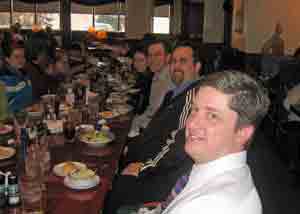

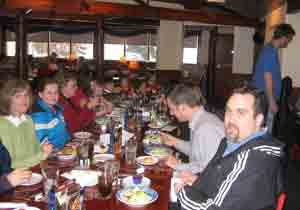
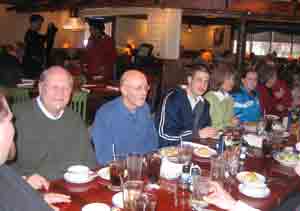
Church planting is hard and at times rewarding work. The Peterson’s have been able to gather seven to eight solid families who are committed to Hope Spring Baptist Church. The nucleus at their church looks like they have a good group of people to reach their area with the gospel of Christ. It would be great if you would remember to pray for the Peterson’s and the good people at Hope Spring Baptist Church. And, if you are in the Maplewood area of MN, I would strongly recommend that you plan to visit their church.
